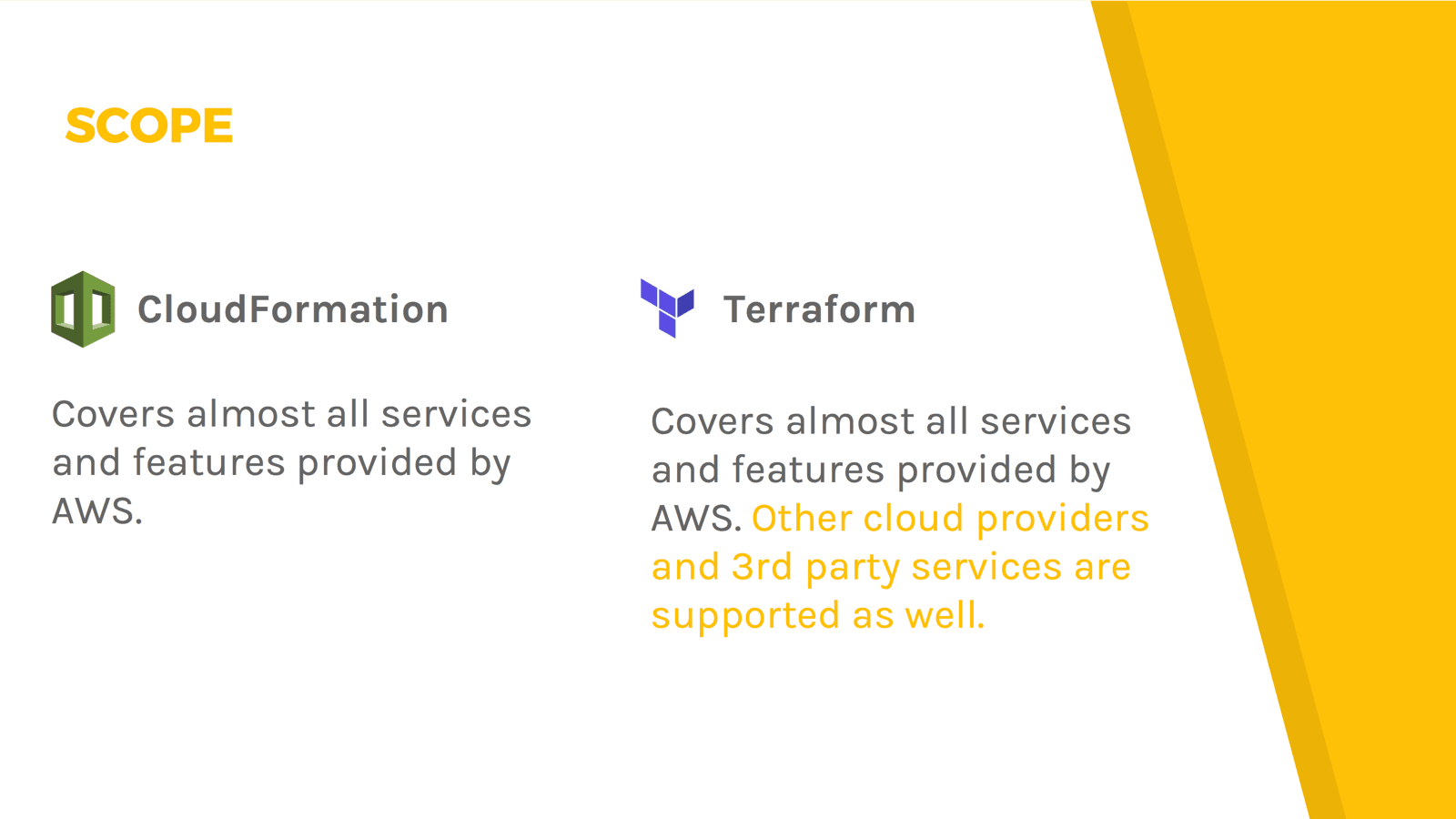
Welcome to cloudonaut
Your launchpad for Amazon Web Services (AWS)
By Andreas & Michael Wittig. Since 2015, we published 402 articles, 94 podcast episodes, and 103 videos.
Start readingWelcome to cloudonaut
Your launchpad for Amazon Web Services (AWS)
By Andreas & Michael Wittig.
Start reading
How to Monitor and Auto Adjust AWS Service Quotas?
Running into AWS service quota limits can cause troubles or even downtimes. Therefore, the announcement of Service Quotas Automatic Management in October 2025 caught my attention. My idea was to add service quota observation to our event-driven monitori...
Read onRecent posts

Subscribe to stay up to date. Browse our archive of 402 posts.
AWS CloudWatch Dashboard Cost Efficiency: Logs vs. Custom Metrics
Setting up a CloudWatch dashboard is a great way to share insights into the state of a system. Recently, I was working on improving the dashboard for HyperEnv, our solution to deploy and manage self-hosted runners for GitHub Actions on AWS. Up until now...
Read onAWS Step Functions: How to Orchestrate Workflows Waiting for 3rd Parties
My go-to service for automating workflows in serverless applications is AWS Step Functions. Recently, I was working on an enhancement for HyperEnv, our solution to deploy self-hosted GitHub runners on AWS with ease. The challenge was to track the status...
Read onOptimizing Amazon Linux 2023 for tiny EC2 instances: t3.nano, t3a.nano, or t4g.nano
I recently observed severe performance degradation when porting our S3 antivirus solution, bucketAV, from Amazon Linux 2 to Amazon Linux 2023 on tiny instance types such as t3.nano, t3a.nano, or t4g.nano. It took minutes to run commands that usually com...
Read onHow to reduce your AWS Config bill for volatile workloads
Your AWS bill is mostly based on usage, which is great. The more you use it, the more you pay. When usage increases by 50%, the AWS bill grows by 50% as well. But lately, I realized that something odd was happening. In this blog post, I share my story a...
Read onHow to generate SDKs for a REST API powered by Amazon API Gateway
Part of our attachmentAV offering is an API, powered by Amazon API Gateway (REST APIs), allowing developers to integrate virus and malware scanning into their applications. To increase discoverability and simplify integration we decided to build softwar...
Read onSimplified AMI deletion: new feature streamlines cleanup
For years, deleting an Amazon Machine Image (AMI) required a cumbersome two-step process: first deregistering the AMI, then manually deleting the underlying EBS snapshots. Forgetting that second step was costly—orphaned snapshots would accumulate, causi...
Read onUpdated CloudFormation vs Terraform in 2022
The most reliable way to automate creating, updating, and deleting your cloud resources is to describe the target state of your infrastructure and use a tool to apply it to the current state of your infrastructure (see Understanding Infrastructure as Co...
Read onUpdated Amazon ECR vs. Docker Hub vs. GitHub Container Registry
Have you worked with a Linux package manager like apt or yum before? A container registry is similar, but instead of packages, it distributes container images. A container registry is a crucial aspect of a containerized workflow and infrastructure. This...
Read onUpdated Managing application secrets: SSM Parameter Store vs. Secrets Manager
Many applications interact with external or internal systems like databases or REST APIs. When your application talks to another system, it usually authenticates with a secret, e.g., an API key, username + password, or a certificate. This leads to the q...
Read onRecent videos

Subscribe to stay up to date. Browse our archive of 103 videos.
[cloudonaut podcast] Vol. 95 - EC2 Instance Types - Reducing costs for AWS Config
[cloudonaut podcast] Vol. 94
[cloudonaut podcast] Vol. 93 - Get ready for ISO 27001
S3 Virus Scan and Malware Protection Step-by-Step Guide 🦠✋
Recent podcast episodes

Subscribe to stay up to date. Browse our archive of 94 episodes.
#095 AWS costs are like fingernails ...
Michael shares a trick to reduce AWS Config costs for volatile workloads. Andreas talks about EC2 instance families and their availability in the different AWS regions. On top of that, the Wittig brothers share insights into their work and business.
Start listening#094 It's the small improvements that make us smile
This episode covers a month of record growth and strategic shifts, celebrating new customer wins and diving into our marketing strategies. We share project updates, including bucketAV's multi-engine scan, and highlight key AWS topics: simplified AMI del...
Start listeningMost popular blog posts
This is what our readers have enjoyed most in the last three months.
Review: AWS Fault Injection Simulator (FIS) – Chaos as a Service?
AWS allows us to run applications distributed across EC2 instances and availability zones. By adding load balancers or message queues to the architecture, we can achieve fault tolerance or high availability. But how can we test that our system can survi...
Read onCheap, Durable, Fast. How to choose an EBS volume type?
Elastic Block Storage (EBS) provides solid state drives (SSD) and hard disk drives (HDD) for EC2 instances. The virtual machine accesses the persistent storage via the network. In December 2020, AWS announced another volume type called General Purpose S...
Read onHow to Become an AWS Certified Solutions Architect
In 2012, I created my first AWS account. Back then, I worked as a software engineer and was looking for a way to deploy an online trading platform. Two years later, I attended re:Invent — the yearly conference organized by AWS — in Las Vegas for the fir...
Read on
Hej, Andreas & Michael here!
We launched the cloudonaut blog in 2015. Since then, we have published 402 articles, 94 podcast episodes, and 103 videos.
Besides sharing our learnings about all things AWS on cloudonaut, we're currently working on bucketAV, attachmentAV, HyperEnv, and marbot.
To support our work on cloudonaut, please subscribe to our newsletter, podcast, or YouTube channel and share our content with your friends and coworkers.













